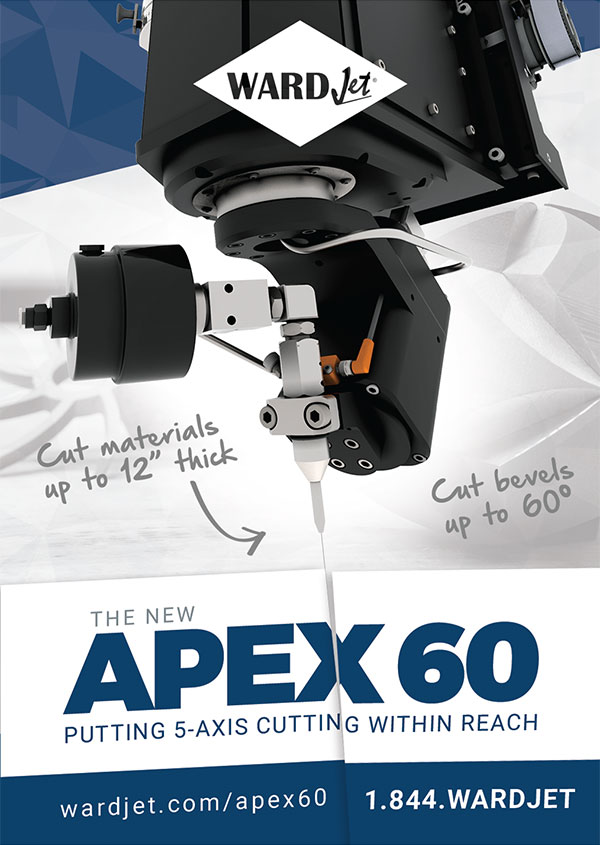
aving instructors who still work in the field helps ensure that students are being taught what is necessary to succeed,” says Bob Dak, a 2020 inductee into the Testing and Balancing Bureau (TAB) Hall of Fame.
Prior to retiring in October, Dak taught beginning and intermediate TAB classes, the Title 24 classes, and mentored other TAB teachers at the Southern California Sheet Metal JATC.
Dak’s Hall of Fame nomination package was full of glowing words from those he’s worked with. “I believe Bob symbolizes the very spirit in which this award is given,” says Lance Clark, administrator for the Southern California Sheet Metal Joint Apprenticeship Training Committee (JTAC).
“I began a career as a service technician in air conditioning and refrigeration in 1974,” Dak recalls. “By 1983, I was in charge of startups and controls for Aire Rite Air-Conditioning & Refrigeration. In 1983, I was sent to check out a fire at a restaurant.”
Fire prevention and mitigation are key aspects of the air balance trade, so as a result of the fire, the owner of the restaurant chain wanted a certified air balancer in his new restaurants.
“I studied and learned the necessary material and procedures and got certified with the National Environmental Balancing Bureau (NEBB) in 1983,” says Dak, who eventually founded a certified signatory air balance company. He discovered that sheet metal provided “the best training for air balance,” and joined the International Association of Sheet Metal Air, Rail and Transportation Workers (SMART) in 1991.
During Dak’s time in the industry, controls have changed from analog to direct digital control (DDC) and more disciplines have appeared. So to be successful in TAB, “a person must keep up with industry changes—not just learning the trade but safety (having certifications where needed) being healthy (sometimes a TB test or flu shots are necessary) and background checks.”
“Bob’s positive and energetic aptitude for the TAB industry transfers to everyone he meets,” Clark says. “His mentoring of students and his willingness to offer counsel as they proceed through their careers puts him in a very elite class of educators. His efforts have made him a model for at least two generations of sheet metal workers.”
To be successful in any industry, not just metalworking or manufacturing, “a person needs to work hard, smart and safe,” Dak says. “It’s professional to be on time, courteous and aware of the time spent to do the job correctly. Do these things—join the union; go through an apprenticeship; and enjoy the benefits of good wages, health benefits and retirement.”


